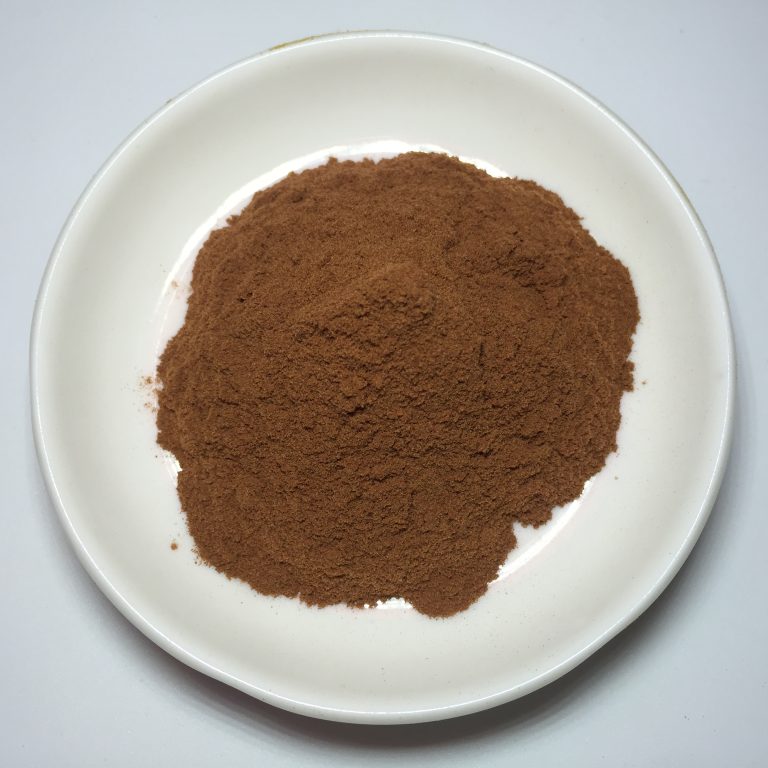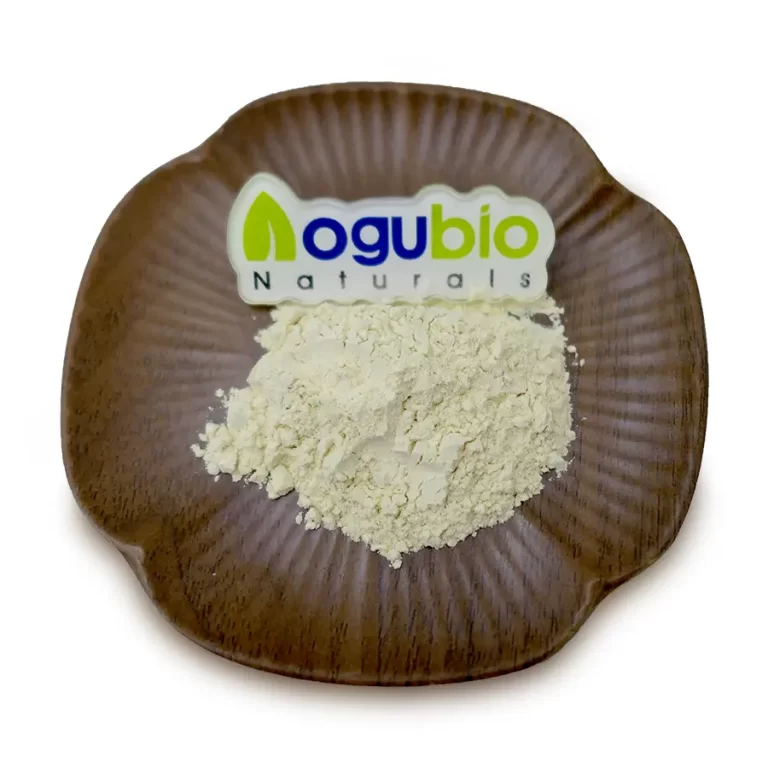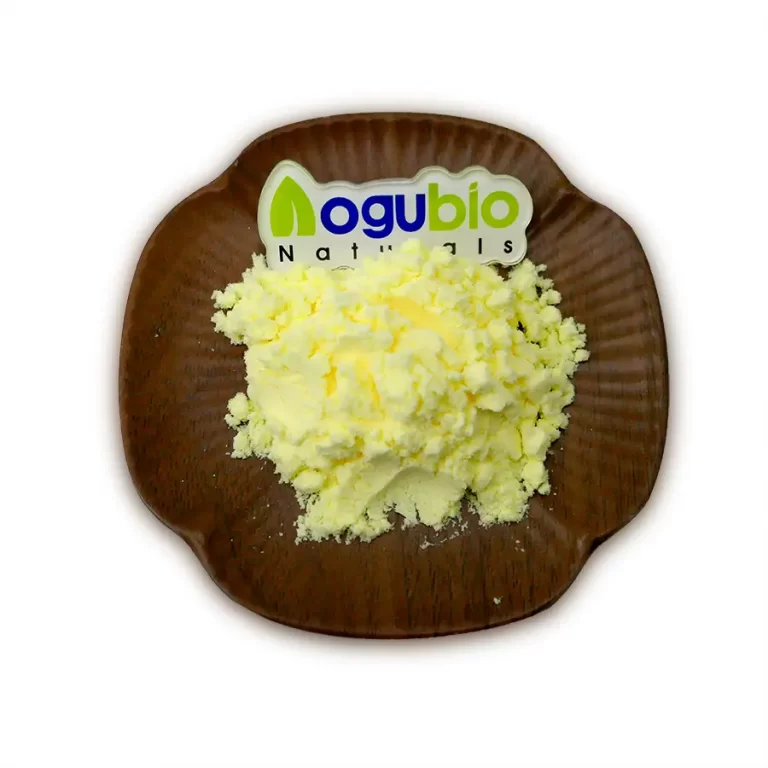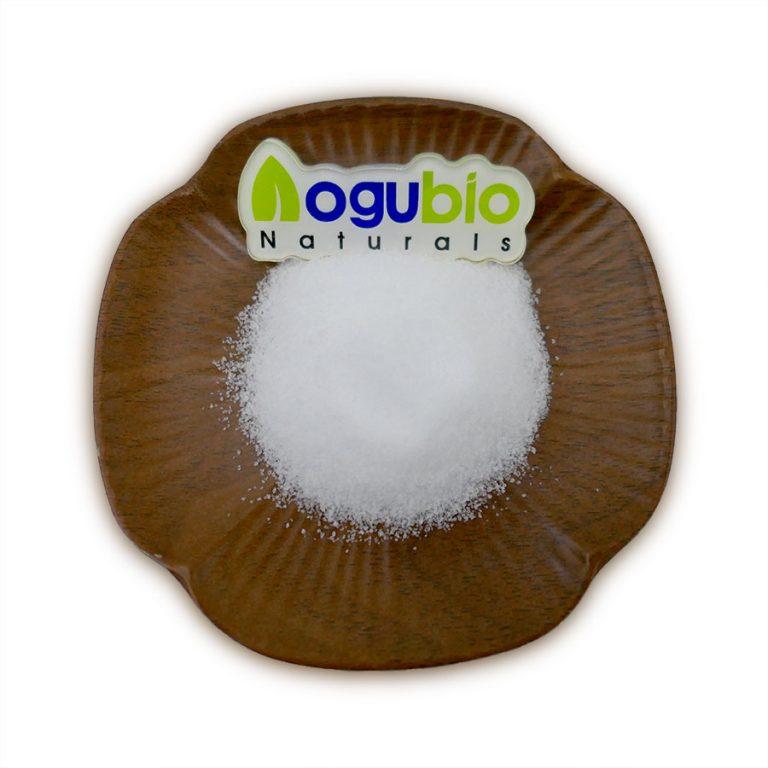What Are the Health Benefits of Ganoderma Lucidum?
2018-02-05
Commonly known as reishi mushroom, Ganoderma lucidum is a purple-brown fungus with a long, thin stalk, spores that are brown in color and a shiny cap shaped like a fan. The mushroom grows on decaying logs and tree stumps. While Ganoderma lucidum is indigenous to North America, Japan and China, it is produced in a number of other Asian countries. The reishi mushroom has many health benefits.
Exhibits Anti-cancer Activity
A study published in the May 2004 issue of “International Journal of Oncology” explored the effects of Ganoderma lucidum on cell growth, cell cycle and cell death in human prostate cancer cells. The results of the study showed that Ganoderma lucidum prevented the multiplication of cancer cells in a dose- and time-dependent manner. The reishi mushroom did so by decreasing the expression of proteins — cyclin B and Cdc2 — that allow cancer cells to expand uncontrollably and by increasing the expression of a protein — p21 — that suppresses growth of cancer cells. In addition, Ganoderma encouraged death of prostate cancer cells. The study concluded that Ganoderma lucidum may play a role in preventing and treating cancer.
May Help Fight Cancer-Related Fatigue
Ganoderma lucidum can offer relief for cancer-related fatigue, a never-ending tiredness related to cancer and its treatment. In a study published in “Evidence-Based Complementary and Alternative Medicine” in 2012, spore powder of Ganoderma lucidum showed promise in easing fatigue in women with breast cancer who were undergoing endocrine therapy. Endocrine therapy is the treatment that adds, blocks or removes hormones to inhibit the growth of certain cancers, including breast cancer. Women who received Ganoderma spores experienced an improvement in fatigue and reductions in anxiety and depression symptoms.
May Help Rheumatoid Arthritis
Consumption of Ganoderma lucidum may have a positive effect on rheumatoid arthritis, a long-term autoimmune disease that negatively affects joint health. A study reported in the journal “Molecular and Cellular Biochemistry” in July 2007 investigated the effects of a polysaccharide peptide found in Ganoderma lucidum on cell multiplication and production of cytokines — inflammatory proteins — in rheumatoid arthritis synovial fibroblasts. These are specialized cells that contribute to the progression of rheumatoid arthritis and may be responsible for starting the disease, according to a study published in “Rheumatology” in June 2006. Researchers observed that Ganoderma lucidum polysaccharide peptide successfully inhibited the production of cytokines and cell proliferation in these fibroblasts. Further research is needed to study the mechanism of action of Ganoderma lucidum.
Provides Protection to Liver
A study published in the August 2002 issue of “World Journal of Gastroenterology” explored the potential of Ganoderma lucidum polysaccharide, or GLP, to prevent liver damage in mice. To induce liver injury, mice were treated with Mycobacterium bovis bacillus Calmette-Guerin, plus inflammatory cytokines or lipopolysaccharides. Researchers observed increases in liver weight, blood levels of the enzyme alanine aminotransferase, or ALT, and nitric oxide production. Increased levels of ALT and nitric oxide indicate liver damage. Treatment of mice with GLP significantly reduced liver weight and ALT levels. Furthermore, there was a marked decline in nitric oxide production. The study concluded that the liver-protective effects of GLP may be due to its influence on nitric oxide production.






 Imaherb China manufacturer supply Apple Extract Powder
Imaherb China manufacturer supply Apple Extract Powder Imaherb China manufacturer supply Apigenin Powder 98%
Imaherb China manufacturer supply Apigenin Powder 98% Imaherb Factory supply Alpha Lipoic Acid Powder CAS 1077-28-7
Imaherb Factory supply Alpha Lipoic Acid Powder CAS 1077-28-7 Imaherb Factory supply Alpha GPC Powder CAS 28319-77-9
Imaherb Factory supply Alpha GPC Powder CAS 28319-77-9 Imaherb Factory supply Alliin Powder 98% CAS 556-27-4
Imaherb Factory supply Alliin Powder 98% CAS 556-27-4 skype
skype Sales Manager
Sales Manager Rebekah
Rebekah Rachel
Rachel Miranda
Miranda Camilla
Camilla
 Sales Manager
Sales Manager